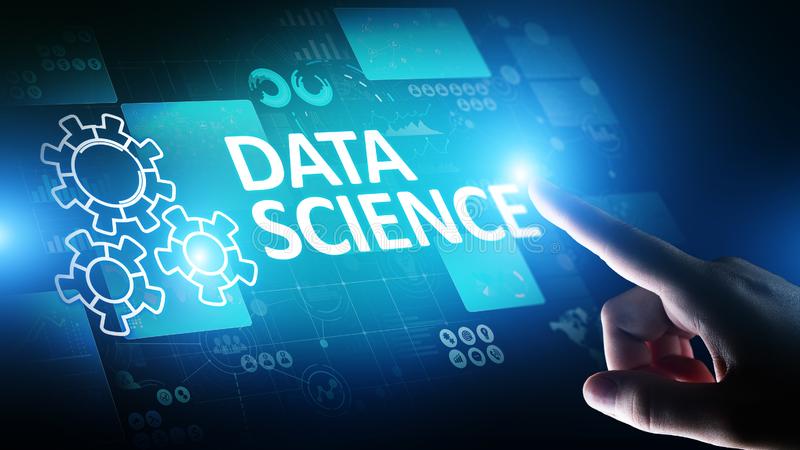Introduction
Data science is now the highest paid job profile in the last three consecutive years on record. However, this is not an astonishing fact as surveys conducted by McKinsey had already predicted the disruption that data science would cause in the upcoming years. Not only have the results of the survey come true but data science has successfully crossed the expectations of these forecasts. That said, there are still some major doubts regarding data scientist work profile. While some of the professionals consider that data science requires completely new and different skills, others opine that reskilling is the key to enter this prospective field. While there is some ground reality in both the arguments, the overall picture of data science needs further attention and discussion. Let’s start navigating in this direction.
The skill set of a data scientist
The skill set of a data scientist is very vast and dynamic because of the interdisciplinary nature of this field. Programming skills are the first and foremost requirement for data science. Although there is no restriction on the use of any programming language, the two most preferred programming languages include Python and R. In addition to this, the knowledge of mathematics is extremely important. Mathematics foundation for computer science allows a person to gain technical expertise and follow a numerical methodology for deriving solutions to the problem. The knowledge of statistics as well as advanced algorithms is extremely important to gain a comprehensive understanding of the life cycle of data science. Data scientists should also have the knowledge of data structures as well as soft computing.
Apart from the above mentioned primary skills, the secondary skills of data scientists include communication and data visualization. Data visualization is a technique in which data scientists are expected to structure the findings and analysis in the form of a graphical manner. With help of good communication skills, data scientists are able to convey their research findings to the audience in an appropriate and lucid manner.
What does a data scientist do?
The chief role of a data scientist is to analyse large sets of data and derive meaningful insights from these data sets. A data scientist first collects various types of data sets from different sources and establishes their reliability and validity. This is an important stage because data acts as a raw material for all the processes that are to be carried out by a data scientist. It is for this reason that the data scientist needs to be sure about the authenticity of the data sets. In the second stage, a data scientist goes for the cleansing process in which he transforms the unstructured data sets into structured data sets. It is at this stage that redundant data sets are removed and the remaining data sets are carried forward for further processing. The data that is obtained from this stage is subjected to the treatment of different algorithms and selective techniques so that appropriate insights can be derived. Finally, a data scientist communicates the findings in the form of different data visualization techniques.
How does a data scientist help businesses?
A data scientist helps businesses at various levels. There are instances when a business needs to invest in a particular sector and wants to conduct a pre-assessment of that sector. This is where a data scientist can conduct a survey, derive analytics and comment upon the feasibility of investment in that sector with the help of predictive analytics.
Moreover, a data scientist also helps a business in the process of decision making. For instance, there may emerge situations when the people at the helm of affairs are divided on the market potential of a particular product. A data scientist can resolve the dilemma about the product by making quantitative forecasts. In this way, the role of a data scientist to a business organization is that of a guide and a strategist.
Concluding remarks and the way ahead
The work profile of a data scientist is multifaceted as well as multidimensional given the diversity of sectors he works in. As such, the role of a data scientist is considered as that of a torchbearer in the age of industry 4.0.
